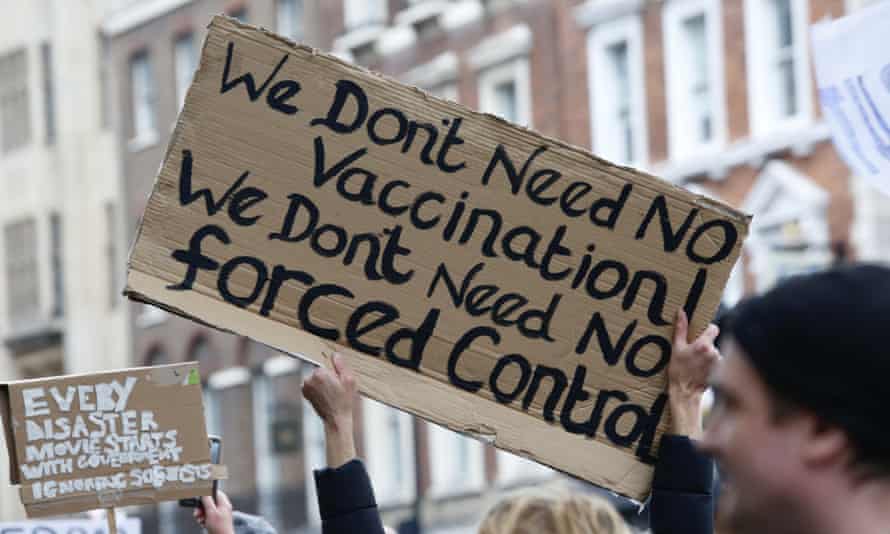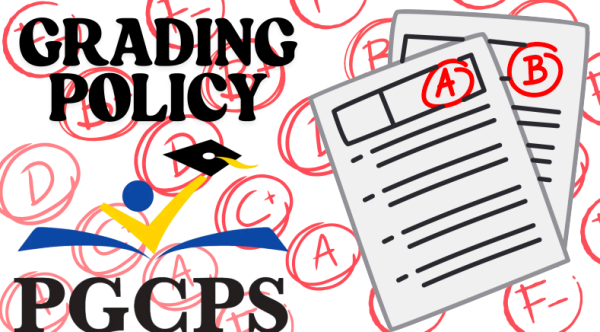Anti-vax mentality becomes more dangerous as COVID-19 vaccines become more available
As we are nearing the beginning of the end of the COVID-19 pandemic that has taken over our lives since last year, we face a new potentially serious problem blocking the way of getting out of this pandemic.
COVID-19 is an easily-transmitted virus that has affected millions worldwide, mainly affecting the United States, Brazil and India.
Before, there was no known vaccine and we were given an estimated 10 years for one to come out but due to extensive research and technology, we have an effective vaccine created in just under a year. Three different companies have created a vaccine and are distributing them: the Pfizer, Moderna and Johnson & Johnson vaccines.
The three vaccines have all been proven to substantially lower chances of getting the coronavirus, but there is still a chance that you may get it, which is why it is emphasized to still wear masks and practice social distancing after receiving the vaccine. Even with this, this does not make the vaccines useless. The vaccines were made to prevent you from dying from the virus, which is still a very good outcome.
However, instead of everyone being joyful that a vaccine has come out, a new strand of anti-vaxxers have risen with opposition to taking these vaccines. A Pew Research poll reports that 39 percent of people say they definitely or probably wouldn’t get a coronavirus vaccination, while some particular groups of crazy believe in a new conspiracy theory circulating in anti-vaccination circles that falsely claims that COVID-19 vaccinations violate the Nuremberg Code, which established protections against forced medical experiments in the wake of the Holocaust.
This mindset is incredibly dangerous to the United States as a nation. These unreasonable rumors could easily influence others into believe the same ideals and as a result not take the vaccine. They will also put others in danger and stunt our trek to becoming a COVID free nation. Public health experts say that at least 70% of any community must get vaccinated with a COVID-19 vaccine to achieve an acceptable level of immunity to protect its members.
It is already proven that such mindsets are ridiculous, through the use and effects of other well known and established vaccines. Take the polio vaccine for example. Before the vaccine for polio was made, during its high in 1952, the number of polio cases in the U.S. peaked at 57,879, resulting in 3,145 deaths. Those who survived the highly infectious disease ended up with some form of paralysis, forcing them to use crutches, wheelchairs or to be put into an iron lung. All of this changed when the vaccine for Polio was made available in 1955, helping the U.S. to be Polio free since 1979, to the point where a polio case in the U.S. in 2021 is unthinkable. If we want something similar for the COVID-19 pandemic, we must be reasonable.
At Parkdale, school nurse Ms. Wilson, encourages students to take these vaccines, but also respects the reasons why people may not want to.
“While it would be great if everyone who is eligible to receive the vaccine would partake, there are some who have their reasons for not taking and and their reasons should be respected,” Ms. Wilson explained. “We have progressed over the last few months mostly due to availability of the vaccine and consistency and focus on the pandemic/virus. However, there are still spikes in cases as well as variants. It is still most important to continue to wear masks, wash your hands, and maintain social distancing, as well as following credible/safe guidance [such as the CDC, NIAID, Dr. Fauci, and so on].”
Although immunizations are required for all PGCPS students to attend school, Parkdale nurse Ms. Bliss does not believe that the COVID-19 vaccine will be a requirement in order for students to be able to return to the building in the future.
“Currently only one coronavirus vaccine is authorized for administration to people under the age of eighteen. The Pfizer vaccine can be given to age 16 and above, [and] there are no vaccines currently approved for students 15 years and younger,” Ms. Bliss said. “Many trials will need to be completed to determine the safety of the vaccination in children and teens, the ability for the vaccine to decrease the spread of disease, and how well the vaccine protects the child or teen from the virus before discussions begin about adding the coronavirus vaccine to each states mandatory vaccinations for school entry.”
So far, 107 million people have taken the vaccine in the US, and of those 107 million, 1.4 are from Maryland.
Your donation will support the student journalists of Parkdale High School. Your contribution will allow us to cover our annual website hosting costs and publish some printed editions, as well.
Christiana is a sophomore at Parkdale High School. This is her first year on staff at The Paw Print. She contributes general news articles and entertainment...







